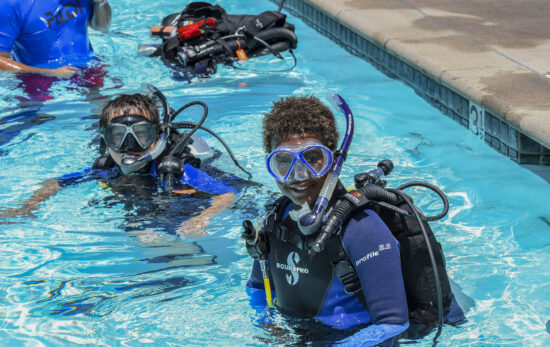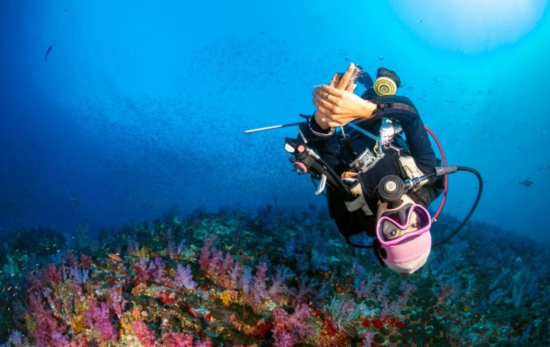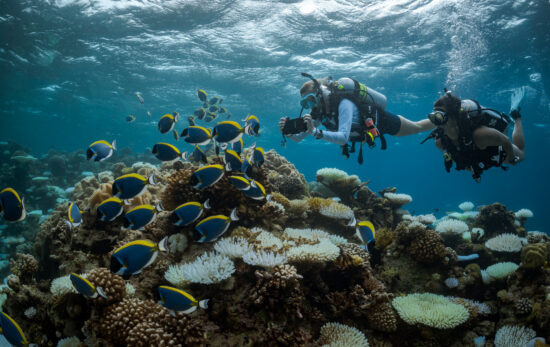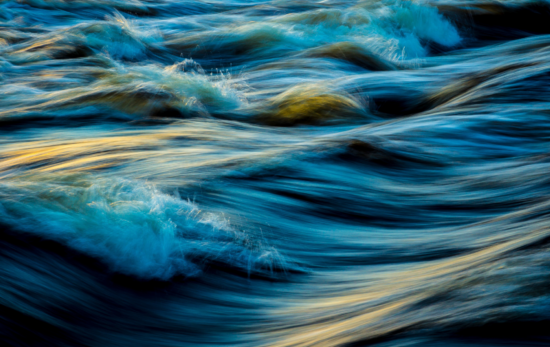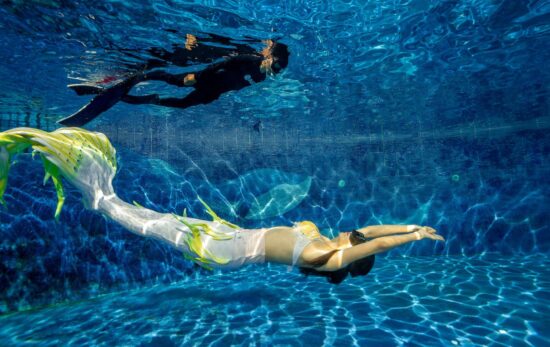As I reached my late teens, becoming a professional scuba instructor seemed obvious and inevitable. With my passion for diving and the ocean already inextricably woven into my life, it didn’t even occur to me that I wouldn’t become one. If you’ve developed a similar love for diving, you’ve probably wondered about becoming a PADI Divemaster, Assistant Instructor and then Instructor.
Well, or maybe not. If you’re well into a successful and rewarding career of some other sort, diving may take up all your leisure hours and most of your friends may dive, but the professional track might look like it doesn’t fit this stage of your life. That’s understandable – but let me tell you about Harley (a real person but not his real name).
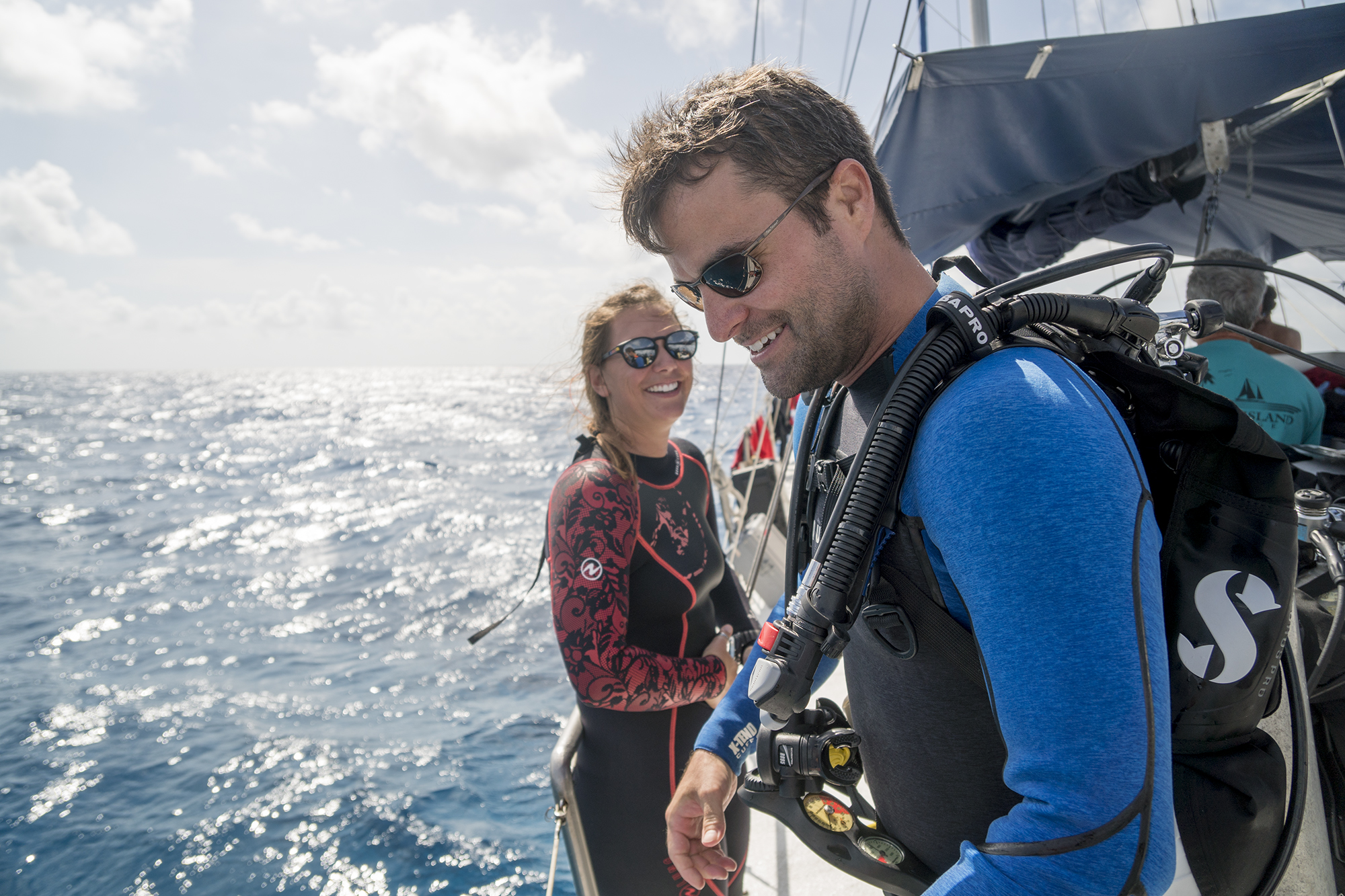
In the midst of a 15+ year career he cared about as a successful, upper management administrator, Harley fell in love with diving. He progressed quickly to PADI Rescue Diver, went diving whenever he could and was soon spending most of his free time diving and hanging with instructors (all good friends now) and their students – adding to his quickly growing list of diver friends. But, still serious about his profession, he didn’t see himself on the dive pro path.
Until one day, one of his instructor friends said, “Harley, I wish you were a PADI Divemaster. Everyone loves having you on the trips, and as a PADI Divemaster, you could assist with some of my classes. Students already ask you about stuff because you know so much about fish and marine life, and you and your buddy are usually somewhere nearby when we’re underwater. The main change would be that you’ll get to dive more.”
So Harley became a PADI Divemaster. Assisting on evenings and weekends meshed with his “real” job, and sure enough, soon he was diving more than ever.
One day, Harley had to escort a student who was having difficulties back to the boat, while the instructor finished the dive with the remaining students. Back aboard after some discussions and explanations, though, the student was enthused to try again – but he had to wait for the instructor’s return. Harley realized that as an instructor he could have taken the student straight away and this bugged him enough that he never wanted that to happen again – so six months later he was one of the shop’s most-asked-for PADI Open Water Scuba Instructors. His “side” career quickly reached the point that, as Harley sometimes jokingly put it, “now my diving habit pays for itself – and then some.”
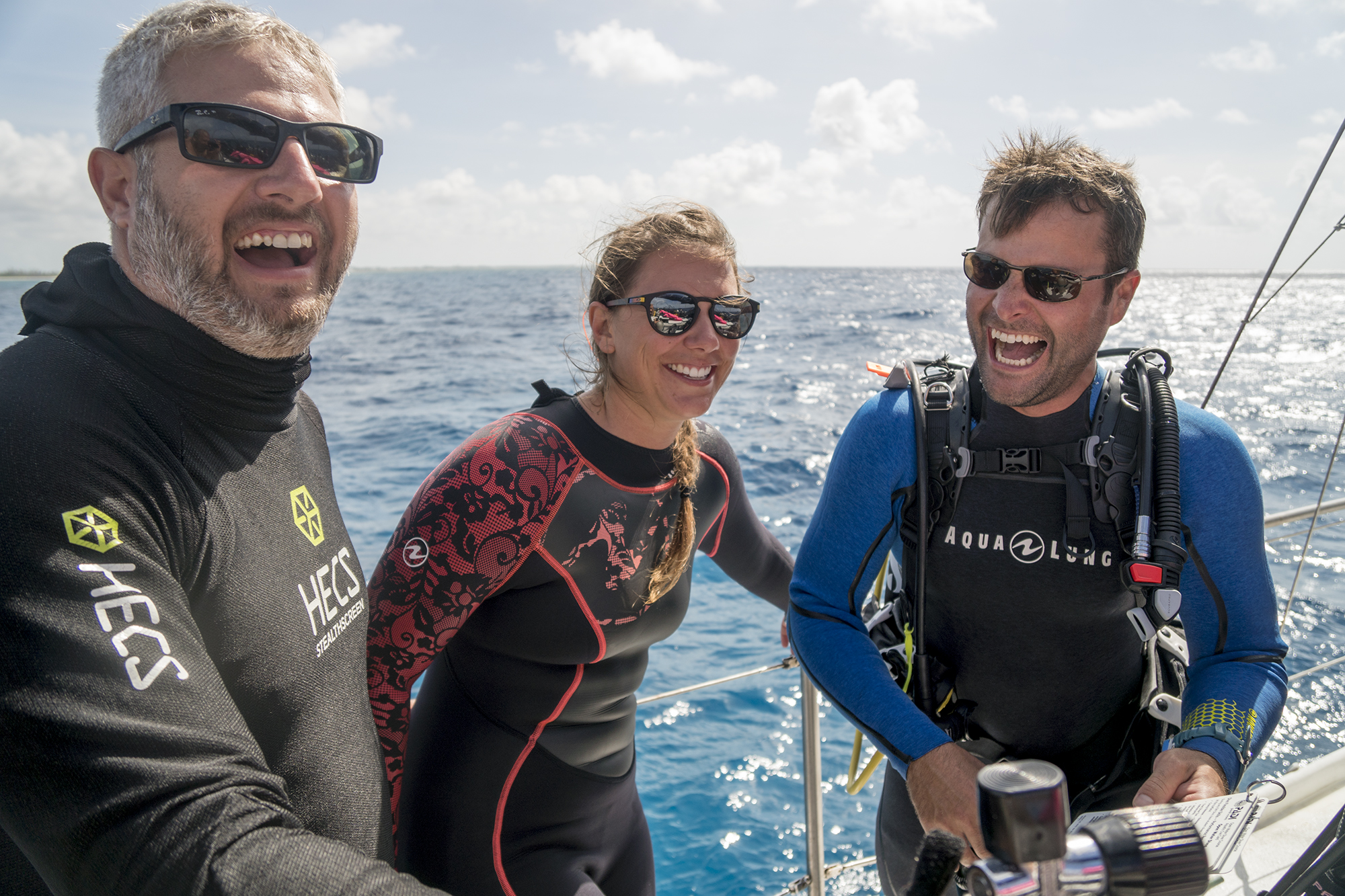
Last I heard, Harley was still doing well with both his main career and as a popular PADI Master Instructor. He travels a lot, has made many friends and is an outspoken, well-received PADI Torchbearer who is an ambassador for healthy seas and changed lives through diving. As Entrepreneur and Client Attraction founder Fabienne Fredrickson said, “The things you are passionate about are not random; they are your calling,” [my emphasis]. This is true regardless of who you are or where you are in life.
Being a dive professional is a rewarding, full-time career for many, but as Harley shows us, whether it’s an avocation or a vocation isn’t as important as a passion for guiding people to seek adventure and save the ocean. Be sure to check out the Introduction to Divemaster for a detailed look (no cost) at getting started as a pro in the PADI Learning Portal, then contact your PADI Resort or Dive Center to get the ball rolling.
Seek adventure. Save the ocean.
Drew Richardson
PADI President & CEO PADI Worldwide

